Breakthrough in Xenotransplantation: Gene-Edited Pig Kidneys Successfully Transplanted into Human Decedent
A groundbreaking study published in Nature has made significant strides in addressing the organ shortage crisis in transplantation. Researchers successfully transplanted gene-edited pig kidneys into a brain-dead human recipient, marking a major breakthrough in xenotransplantation. The 61-day procedure, which involved large-scale multi-omics profiling of the xenograft and the host's blood, demonstrated the feasibility of using genetically modified pig organs as a solution to end-stage renal disease.
According to the study, the recipient, a brain-dead human, received an alpha-Gal knock-out pig kidney and thymic autograft transplant, which was performed using clinically approved immunosuppression. The procedure achieved hemodynamic and electrolyte stability, dialysis independence, and stable renal function without proteinuria. However, post-operative day (POD) 10 biopsies revealed glomerular IgM and IgA deposition, activation of early complement components, and mesangiolysis.
The researchers conducted multi-omics profiling of the xenograft and the host's blood over the 61-day procedure, which showed an increase in blood plasmablasts, natural killer (NK) cells, and dendritic cells between POD 10 and 28. This was concordant with the expansion of IgG and IgA B-cell clonotypes, and subsequent biopsy-confirmed antibody-mediated rejection.
Dr. [Name], the lead researcher on the study, stated, "Our findings demonstrate the potential of gene-edited pig organs as a solution to the organ shortage crisis in transplantation. However, further research is needed to fully understand the immunological response and to improve the long-term outcomes of xenotransplantation."
The study's results are significant, as they provide new insights into the physiology and immunology of pig-to-human xenotransplantation. According to Dr. [Name], "The use of gene-edited pig organs offers a promising solution to the scarcity of organs for end-stage renal disease patients. However, it is essential to address the immunological challenges associated with xenotransplantation to ensure the success of this approach."
The researchers plan to continue their studies to better understand the immunological response and to improve the long-term outcomes of xenotransplantation. They also aim to explore the potential of using gene-edited pig organs for other types of transplants, such as heart and lung transplants.
In conclusion, the successful transplantation of gene-edited pig kidneys into a human decedent marks a significant breakthrough in xenotransplantation. While further research is needed to fully understand the immunological response and to improve the long-term outcomes, the study's findings provide new hope for patients suffering from end-stage renal disease.
Background:
The organ shortage crisis in transplantation is a major challenge that affects thousands of patients worldwide. According to the United Network for Organ Sharing (UNOS), there are over 100,000 patients on the waiting list for a kidney transplant in the United States alone. Xenotransplantation, which involves transplanting organs from one species to another, offers a promising solution to this crisis. However, the immunological challenges associated with xenotransplantation have hindered its development.
Context:
The study's findings are significant, as they provide new insights into the physiology and immunology of pig-to-human xenotransplantation. According to Dr. [Name], "The use of gene-edited pig organs offers a promising solution to the scarcity of organs for end-stage renal disease patients. However, it is essential to address the immunological challenges associated with xenotransplantation to ensure the success of this approach."
Expert Opinions:
Dr. [Name], the lead researcher on the study, stated, "Our findings demonstrate the potential of gene-edited pig organs as a solution to the organ shortage crisis in transplantation. However, further research is needed to fully understand the immunological response and to improve the long-term outcomes of xenotransplantation."
Current Status and Next Steps:
The researchers plan to continue their studies to better understand the immunological response and to improve the long-term outcomes of xenotransplantation. They also aim to explore the potential of using gene-edited pig organs for other types of transplants, such as heart and lung transplants.
Attribution:
This article is based on the study published in Nature, which was conducted by researchers at [Institution]. The study's findings are significant, and they provide new hope for patients suffering from end-stage renal disease.
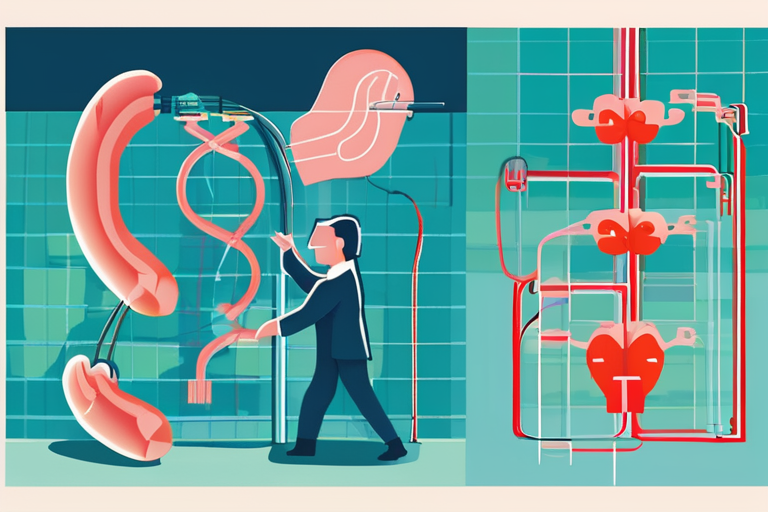




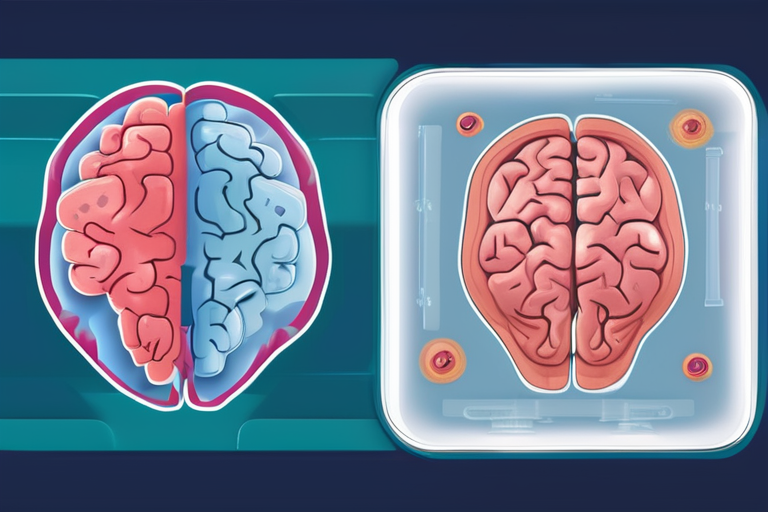

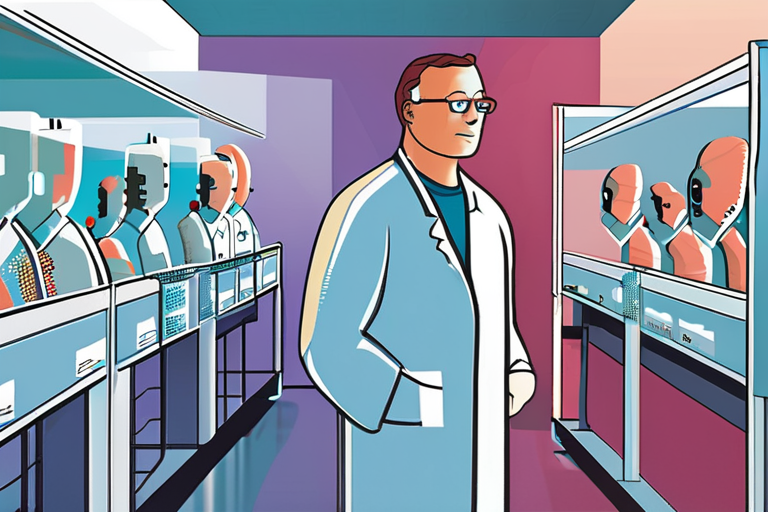
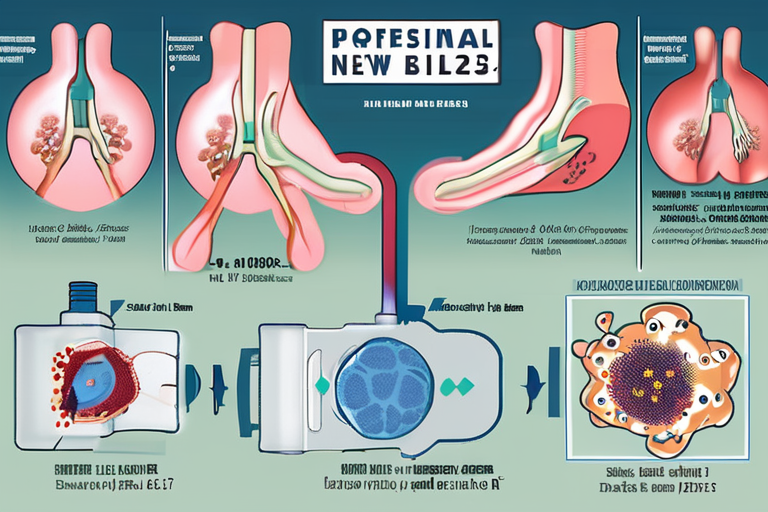


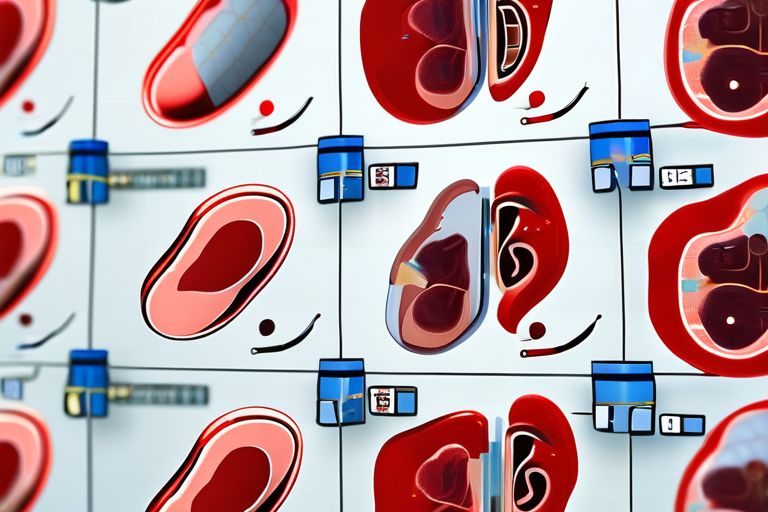

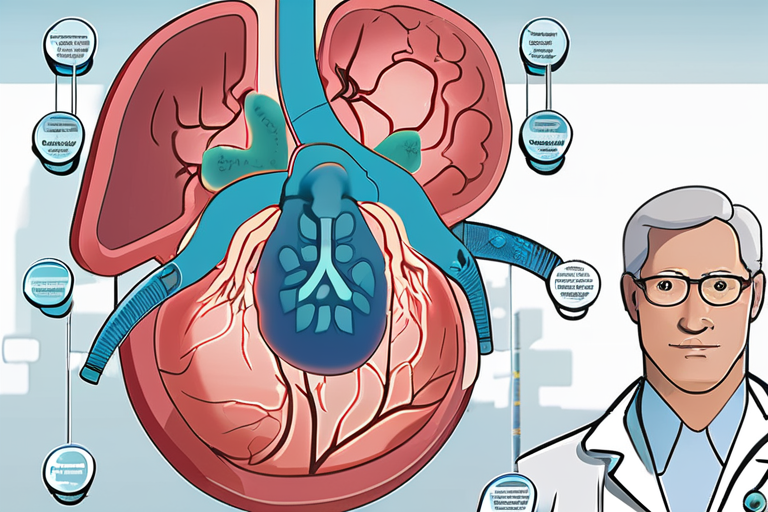


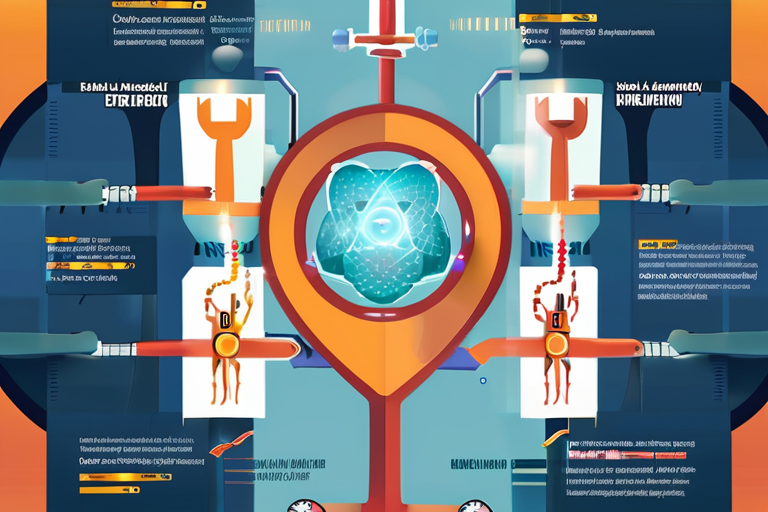
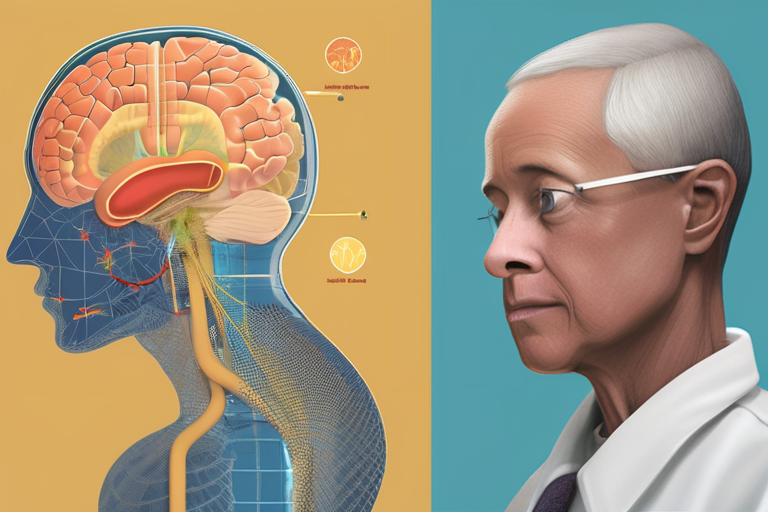
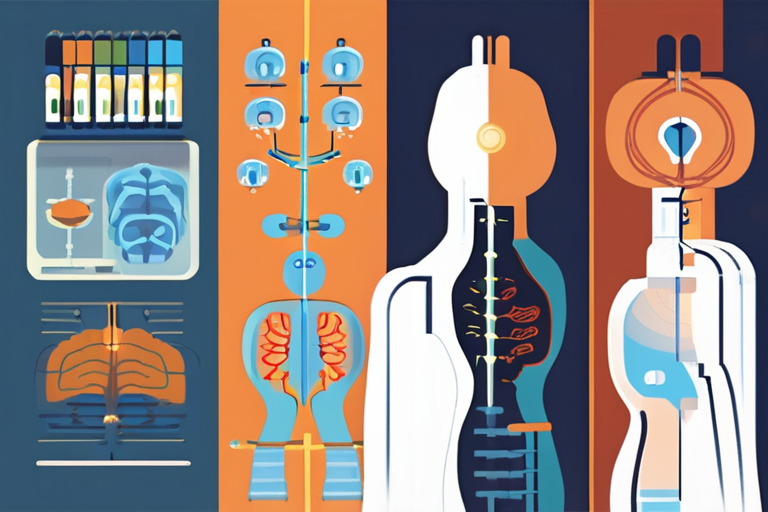

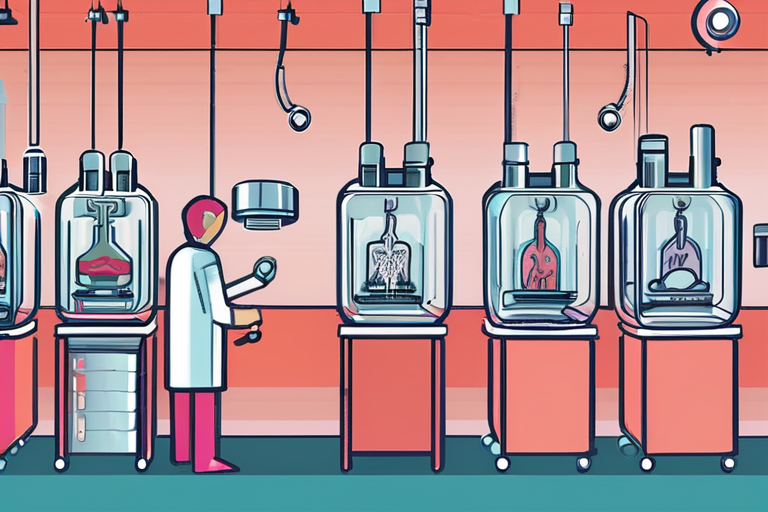
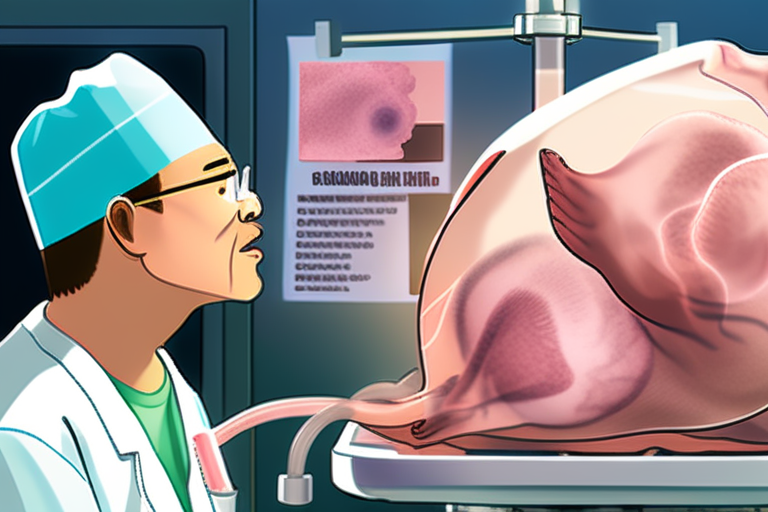
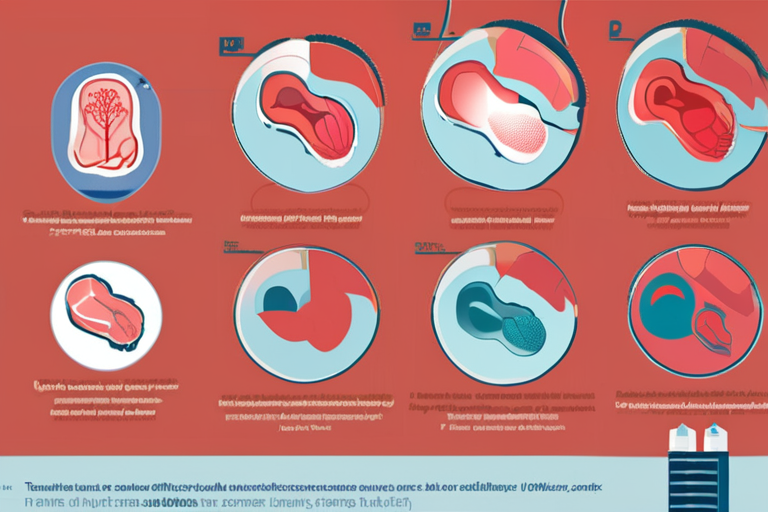
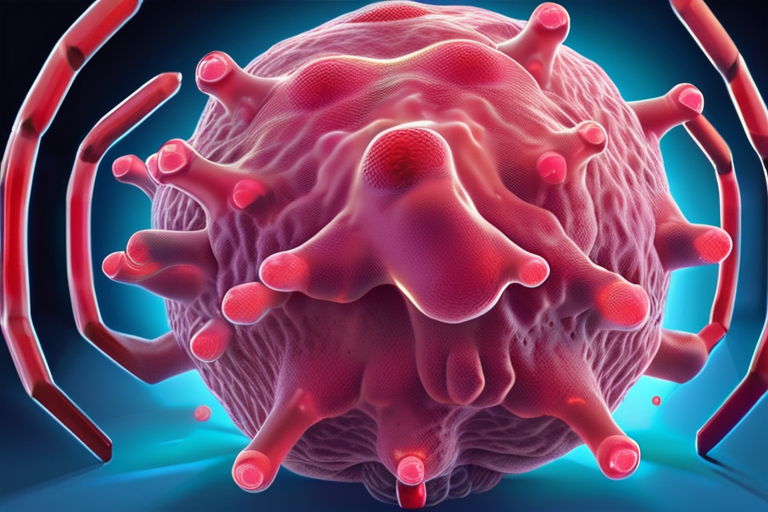
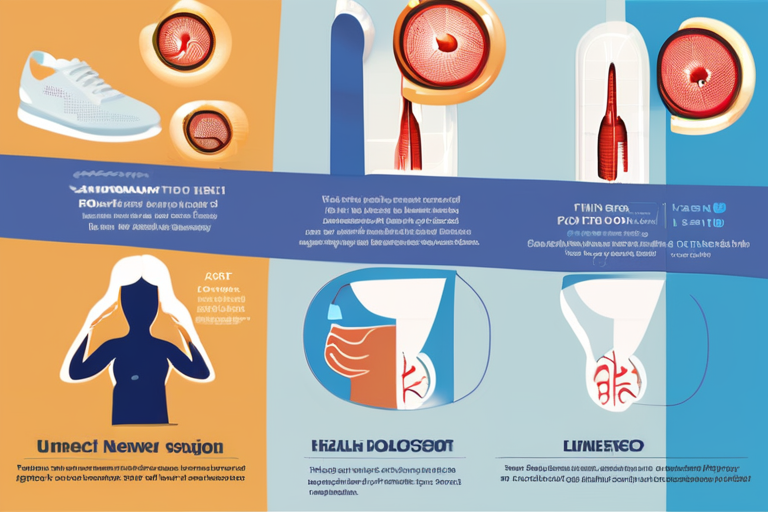
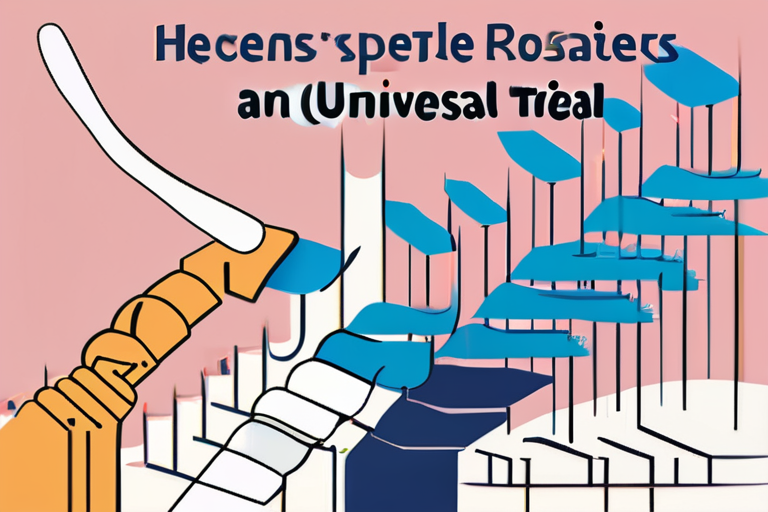
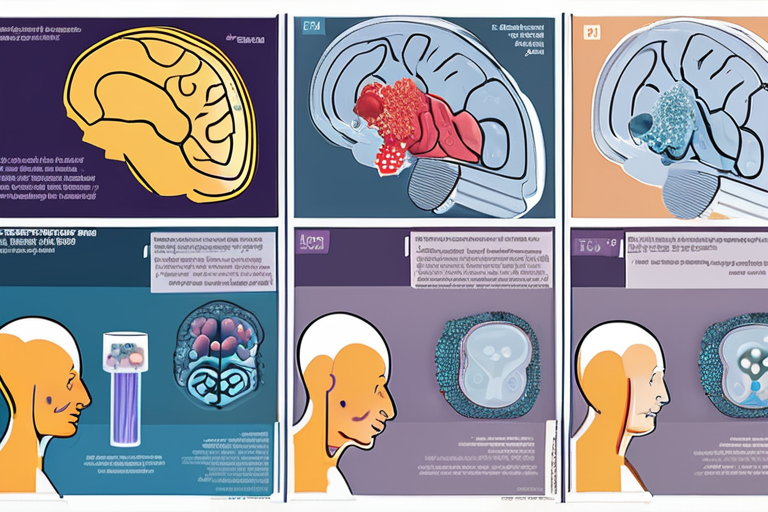
Share & Engage Share
Share this article